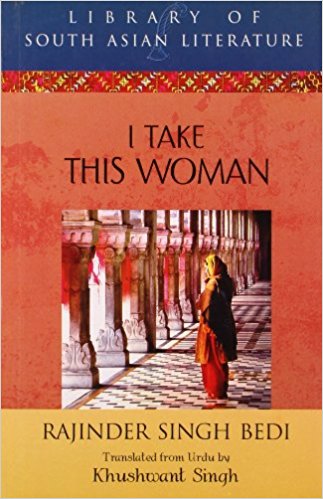Rajinder Singh Bedi (19151984) began his working life as a postal clerk but soon carved a place for himself in the canon of modern Urdu short stories with his very first collection, DanaoDam, published in 1940. Details of everyday life, no matter how small, found a place in his stories and became reflections of a larger social reality. And it was this acute and faithful reflection of social realities that made the progressive writersalready a force to reckon with in the early 1940shail Bedi as a champion of the progressive movement and its ideology. It is another matter that with time, like many of his fellow writers who had initially embraced the progressive cause with wholehearted enthusiasm, Bedi too began to distance himself from the more strident positions adopted by the PWA and the various forms of boycott the association had begun to adopt.
Today, Bedi is remembered not so much as a progressive as a master storyteller from the Punjab who wrote of lives that were shabby and commonplace but hidden in whose very ordinariness, the human spirit shone through in all its lustre and brilliance. His stories survive the test of time because they hinge on the common and the commonplace that transcends time and circumstance. Human desires and aspiration just as much as human foibles and frailties neither change nor date; they are ageless and eternal.

